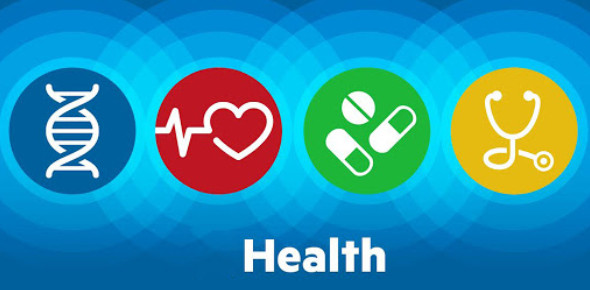How To Stay Healthy
- WHO
2.
What first name or nickname would you like us to use?
Submit
Submit
Submit
×
Thank you for your feedback!










- Mental Health Quizzes
- Beauty Quizzes
- Disease Quizzes
- Abdomen Quizzes
- Addiction Quizzes
- Arthritis Quizzes
- Blood Quizzes
- Body Quizzes
- Baby care Quizzes
- Child Health Quizzes
- Dermatology Quizzes
- Digestive System Quizzes
- Environmental Health Quizzes
- Fertility Quizzes
- First Aid Quizzes
- Hair care Quizzes
- Heart Quizzes
- Hospital Quizzes
- Injury Quizzes
- Kidney Quizzes
- Liver Quizzes
- Nutrition Quizzes
- Obesity Quizzes
- Ophthalmology Quizzes
- Public Health Quizzes
- Pharmacy Quizzes
- Pregnancy Quizzes
- Patient care Quizzes
- Sleep Quizzes
- Stress Quizzes
- Surgery Quizzes
- Surgical Instruments Quizzes
- Wellness Quizzes
- Respiratory System Quizzes







